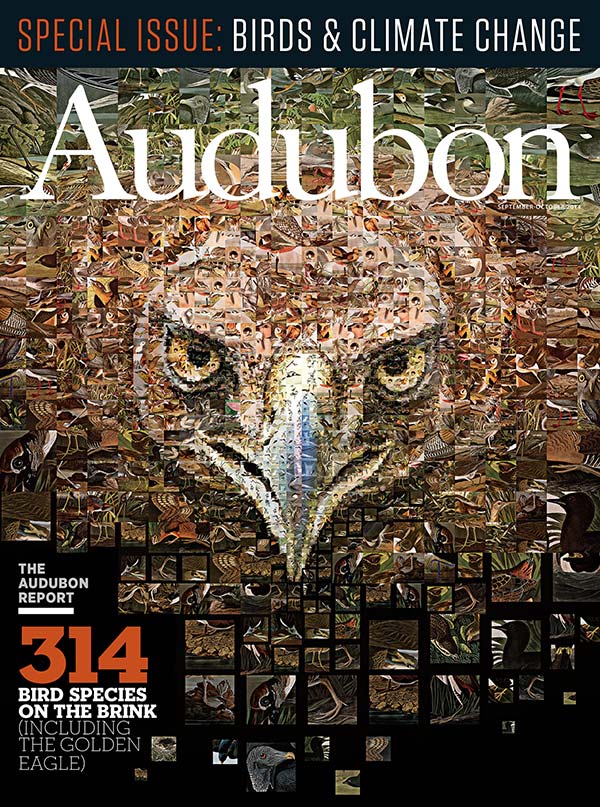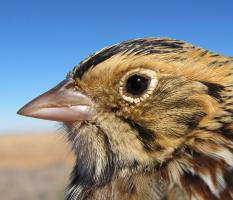In the CCS roadmap, these four sectors would contribute emissions reductions in roughly the below proportions to achieve 2020 Kyoto Protocol targets.
SECTOR: Residential, Commercial, and Industrial—49 percent
-
Commercial and Residential Efficiency
Increases energy efficiency and conservation in commercial and residential electricity to reduce energy demand—for example through the green roof seen above.
-
Industrial Process Efficiency
Increases energy efficiency and process improvements in industrial heat and power to lower overall energy production.
-
Advanced Building Codes
Implements stringent energy-efficiency standards for all new commercial and residential buildings.
-
Zero Net Energy Buildings
Develops on-site energy efficiency and renewable energy that reduces consumption and shifts to zero-carbon sources.
-
Appliance Standards
Increases energy-efficiency standards for home and commercial appliances.
SECTOR: Agriculture, Forestry, and Waste—27 percent
-
Landfill Methane Management
Provides incentives, standards, and assistance to reduce methane emissions from landfills and expand methane energy recovery.
-
Crop Production and Nutrition Management
Facilitates management practices that reduce nitrous dioxide emissions from farming practices.
-
Reforestation Management
Implements programs to expand rates of reforestation to increase carbon sinks.
-
Livestock Manure Management
Expands the use of bio-digesters to convert manure to renewable energy and to reduce methane emissions.
-
Urban Forest Management
Supports incentives and assistance for tree planting to reduce energy use in homes and other buildings.
-
Forest Retention
Provides incentives, assistance, and standards to reduce conversion of forests to other uses, protecting carbon sinks.
SECTOR: Transportation and Land Use—9 percent
-
Mode Shift from Truck to Rail
Encourages switching from road to rail for commercial transport of freight and goods.
-
Smart-Growth Land Use
Establishes incentives and assistance to support more efficient location and design of communities and transportation systems.
-
Anti-Idling Technologies and Practices
Expands investment in anti-idling research and development, education of drivers on negative consequences of idling, and standards for drivers.
-
PHEV and EV Rebates
Offers incentives to consumers who purchase hybrid electric and electric vehicles.
-
Public Transit
Increases investment in public transportation systems combined with local land use systems.
-
National CAFÉ Standard
Establishes a minimum miles per gallon for cars sold after 2016.
SECTOR: Electricity and Heat Supply—7 percent
-
National Clean Electricity Standard
Establishes standards and incentives for electricity generators to shift to low-carbon power sources and uses.
-
Incentives for Combined Heat and Power
Implements incentives for electricity and heat suppliers and users who generate and use power from cogeneration methods























